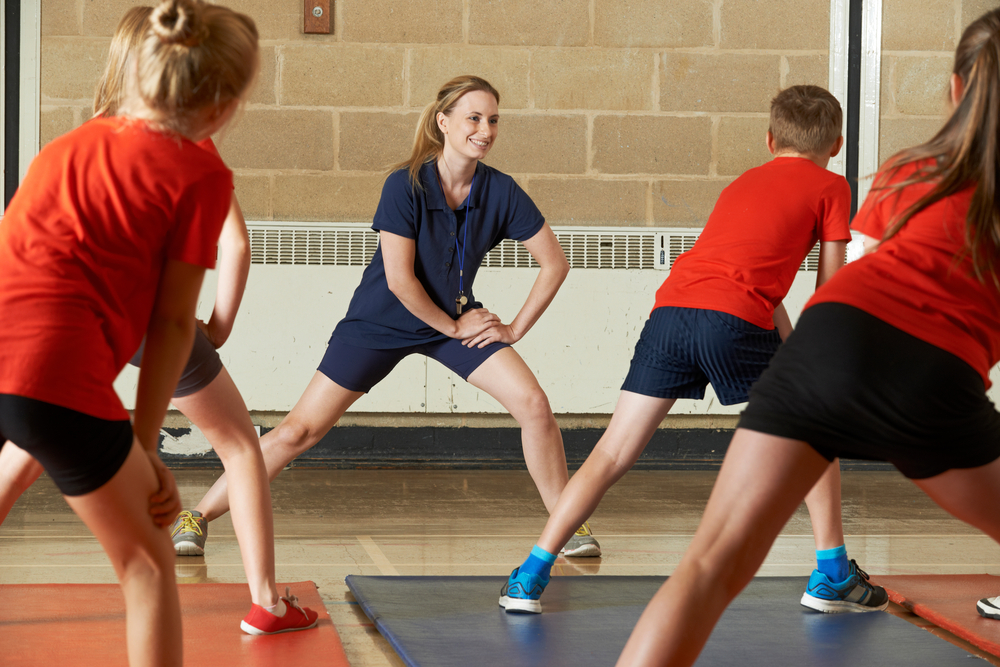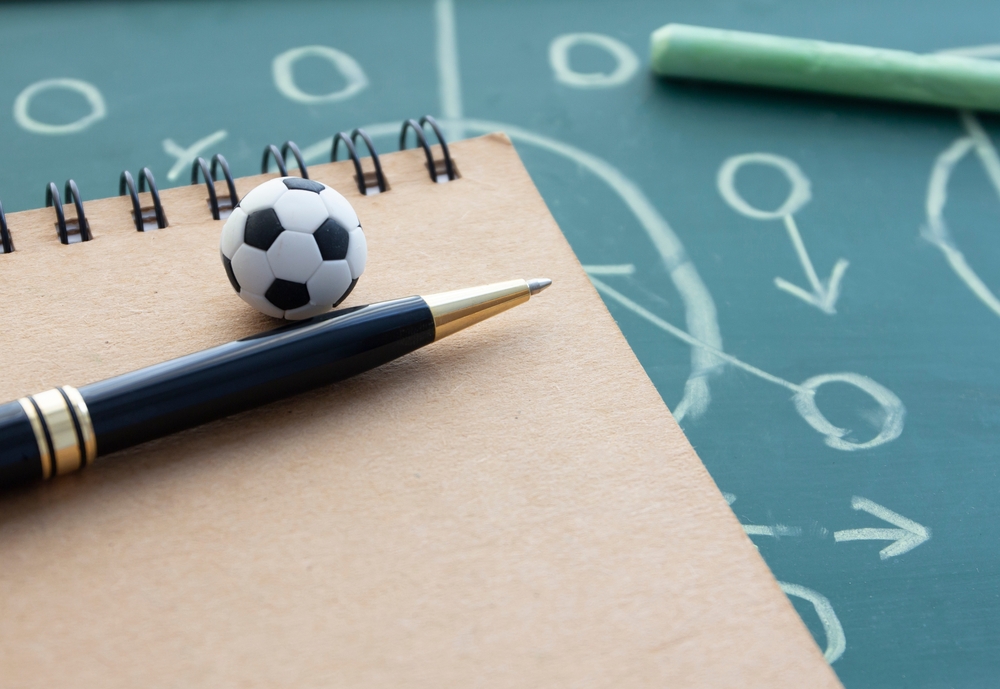There has been constant discussion about the integration of sports and education. While some contend that athletics could divert attention from academic endeavors, others highlight the advantages of athletics in promoting academic success. The purpose of this article is to examine the intricate relationship between sports and education, emphasizing the benefits that playing sports can have on academic performance.
Physical Health and Cognitive Function
Playing sports improves cognitive function in addition to promoting physical health. Exercise on a regular basis has been demonstrated in numerous studies to enhance memory, focus, and general brain health. Engaging in sports can help students form healthier habits and lifestyles, which can improve their academic performance. Students who prioritize physical activity are more capable of handling the cognitive demands of their academic pursuits.

Time Management and Discipline
Sports teach important life lessons like discipline and time management. Student-athletes need to develop a disciplined work ethic and effective time management skills in order to manage their demanding training schedules and academic obligations. These are very transferable skills to the classroom, where students have to focus under pressure from multiple teachers, prioritize assignments, and manage their time well. Students gain valuable life lessons about organization and perseverance through sports, traits that are critical for success in the classroom.
Teamwork and Leadership
Team sports offer students priceless chances to hone their leadership and teamwork abilities. Students must cooperate with teammates, communicate clearly, and work toward shared objectives when participating in sports. These encounters cultivate a spirit of unity and collaboration that transcends the athletic field. Furthermore, taking on leadership roles in sports teams gives students the ability to develop traits like self-assurance, resiliency, and initiative—qualities that are essential for success in the classroom.
Mental well-being and Stress buster
Sporting activities provide a great way for students to decompress and support their mental health. The academic path can be demanding and stressful. Endorphins are neurotransmitters that improve mood and reduce stress that are released when you exercise. Sports participation also gives students a respite from the demands of the classroom and a chance to refuel both mentally and physically. Students who participate in sports eventually improve their general well-being and academic performance by learning useful coping mechanisms for handling stress.
Programs for Student-Athletes to Get Academic Help
Numerous educational institutions provide student-athletes with specialized support programs that are tailored to their specific needs in recognition of the unique challenges they face. Numerous resources are offered by these programs, such as study skills workshops, academic tutoring, and flexible scheduling. These programs guarantee that student-athletes’ involvement in sports does not jeopardize their academic success by attending to their academic needs. Additionally, they emphasize how critical it is to offer students comprehensive support, creating environments that support both academic and athletic success.
Scholarships and Opportunities
Through athletic scholarships and opportunities, sports are a means of access for a large number of students to pursue higher education. Talented athletes are actively sought after by colleges and universities, which provide financial aid packages and scholarships to make higher education more accessible. These scholarships honor student-athletes’ commitment, self-control, and leadership qualities in addition to their athletic ability. In addition, they offer prospects for advancement to students from a variety of socioeconomic backgrounds, allowing them to pursue both their academic and athletic goals at the same time.
Community Engagement
Sports participation has a positive impact on social skills and community engagement. It also improves social skills. Interactions with opponents, coaches, and teammates help students develop important cooperation, communication, and conflict resolution skills. Furthermore, involvement in athletics frequently entails fundraising, volunteer work, and community events, giving students the chance to engage with their communities and contribute meaningfully outside of the classroom. These social learning opportunities support students’ overall development and reaffirm the significance of civic engagement and responsibility.
Cultural Diversity
Sports possess the exceptional capacity to surpass cultural and social barriers, cultivating an awareness of diversity and advancing inclusivity. Students from different backgrounds come together to pursue a common goal, especially in team sports, which fosters mutual respect, understanding, and appreciation for cultural differences. Additionally, exposing students to a range of cultural viewpoints and customs through sports and athletic traditions broadens their perspective on the world and fosters cultural competency, which is an essential ability in a global society that is becoming more interconnected by the day.

Conclusion
There are many facets to the relationship between sports and education, and athletics has a big part in encouraging academic achievement. Sports have numerous advantages that go well beyond the playing field, such as improving mental and physical health, teaching vital life skills, and creating social and cultural awareness. Through acknowledging and fostering this mutually beneficial association, educators can enable learners to reach their maximum potential in terms of both academic and athletic domains. By incorporating sports into academic programs and offering customized support services, we can establish settings that value holistic growth and help students succeed in all facets of their lives.
